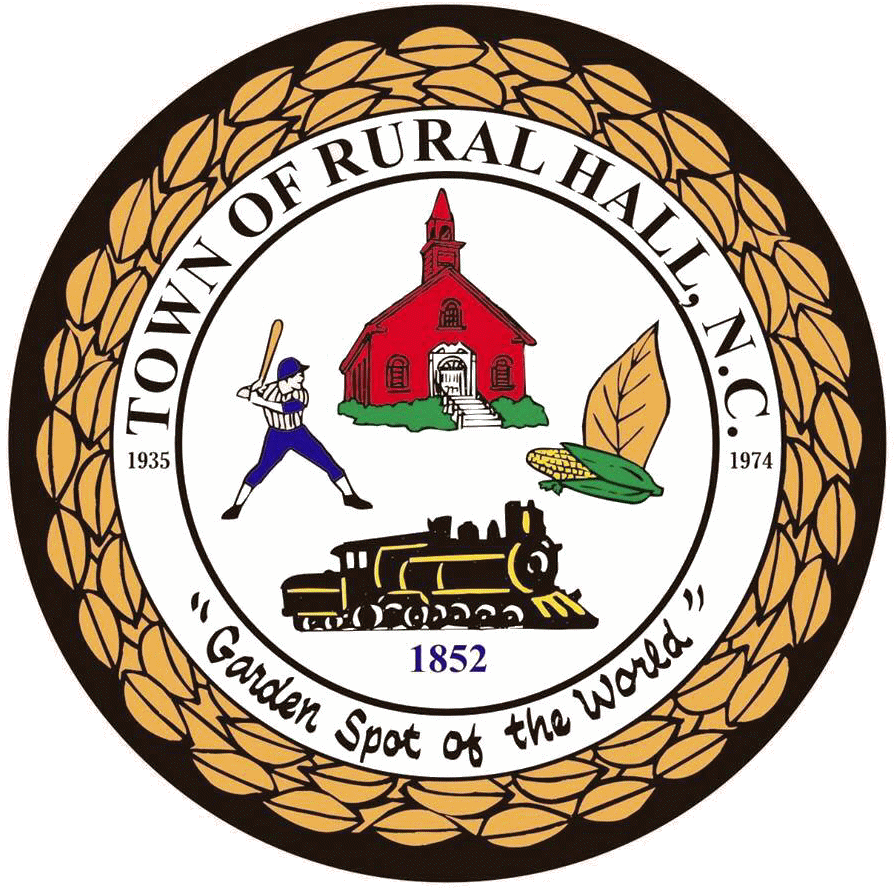Senior Citizens
Elder Abuse – Elder Scams – ScamBusters
Elder Abuse
Elder abuse crosses all social, economic and ethnic lines. Any elderly person could be victimized. It is important to recognize signs that may be associated with abuse. Awareness enables neighbors, family and friends to spot trouble immediately. Following are potential scenarios:
Physical Abuse
Sharon, 84, lives with her grandniece. Her home and environment are clean; however, the landlord often noticed bruises on Sharon’s face and arms. Suspecting abuse, he calls the Sheriff’s Office. After assessing the situation, it is determined that Sharon has been beaten and slapped by her grandniece.
Psychological/Emotional Abuse
Arthur, 77, has his house cleaned twice a week by a neighborhood volunteer. A next door neighbor doesn’t see Arthur for several weeks so he calls the Sheriff’s Office. Investigators discover the volunteer often isolates Arthur and verbally abuses him.
Financial Abuse
Maria, 81, resides alone. A friend suggests she accept a boarder to help with expenses. Soon, the boarder allows friends to move in without offering to pay Maria additional rent. Neighbors begin seeing groups of people coming and going from the house at all hours. They call the Sheriff’s Office and it is discovered that the boarders have threatened Maria and stolen her bank card.
Physical Neglect
James, 82, is paralyzed. His oldest son has legal charge over the estate and they live together in a 4-bedroom home. When a younger son visits, he calls the Sheriff’s Office expressing concern that his father’s environment is unfit. After an investigation, it is discovered that James has been forced to live in one room that is filthy and unkempt.
If you suspect elder abuse, immediately contact the Forsyth County Sheriff’s Office (336-727-2112).
Elder Scams
Repeat Elder Scams should be reported to the Attorney General’s Consumer Protection Division at 1-877-5-NO-SCAM or 919-716-6000.
This is assistance is for seniors who have repeatedly fallen vicitim to:
- Bogus foreigh lotteries
- Guaranteed loan, credit card or government grant scams
- Sending money out-of-state/country via bank-to-bank wire transfers, Moneygram, Western Union
- Unauthorized debits to checking/savings accounts
Victim Assistance Programs includes:
- Consumer Protection Division interviews clients after referral from local law enforcement and refers clients deemed eligible to the Division of Aging and Adult Services (DAAS)
- DAAS trains volunteers and matches appropriate victim with local volunteers
- Attorney Generals’ (AG) Office helps with investigation, and helps with referral to out-of-state and overseas law enforcement agencies
- DAAS and AG help prevent re-victimisation of seniors
- DAAS works through the local Area Agency on Aging to get volunteers and to establish a link between local law enforcement and local victims
- This is a product of the NC Senior Consumer Fraud Task Force facilitated by the DAAS and the AG’s office
To volunteer, contact: Donna White, RN with the Division of Aging and Adult Services at (919)733-0440 ext 232 or donna.white@ncmail.net.
ScamBusters
Have you ever been scammed?
I’m sure you have seen the emails taunting that you have won the lottery. Most of us bypass these types of scams but what about those that offer to help you with your resume, ask you to be a mystery shopper, or is telling you the government is holding some of your money? These emails and websites can be very convincing. So, how do you distinguish the real from the fake?
The Northwest Piedmont Council of Governments (NWPCOG) and the Better Business Bureau (BBB) has begun a new program aimed at educating the public about the proliferation of scams in our communities. Many of these scams prey on the elderly and on people who are out of work or otherwise down on their luck. Sadly, many of these schemes work all too well and people suffer in silence because they feel embarrassed to have fallen for such schemes. This new effort is mostly educational – but might have the added benefit of helping to catch some of these scammers in the act.
Please visit www.bbbscambusters.org to learn more about this very important program.
